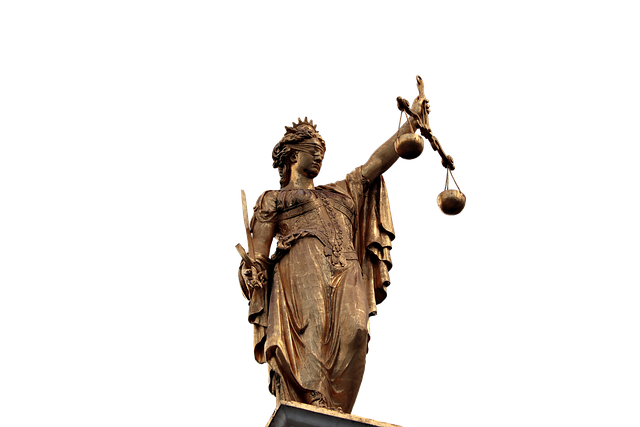Securities class actions play a key role in addressing financial sector wrongdoings, with a growing intersection between securities law and antitrust enforcement in digital markets. Rapidly evolving platforms collect vast data and gain market dominance, disrupting traditional business models and raising anti-competitive behavior concerns. Regulatory bodies and legal professionals have adapted strategies to protect interests and foster innovation, focusing on complex financial instruments, regulatory frameworks, and dynamic digital markets. Antitrust enforcement trends highlight a shift towards platform market power and data dominance, with regulators like the EU's DSA setting new standards. Understanding network effects and platform interoperability is crucial for effective antitrust strategies in these complex landscapes. These legal battles shape antitrust enforcement trends and set precedents for fair competition, influencing regulatory policies and fostering a transparent, equitable digital landscape.
Securities class actions are a powerful legal tool for investors, holding companies accountable for securities fraud. This article delves into the intricate world of these lawsuits, focusing on antitrust enforcement within digital markets. We explore unique challenges posed by the digital landscape and recent trends in antitrust enforcement, analyzing their profound impact on the evolving digital economy. By examining these cases, we uncover implications that shape corporate behavior and investor protection in an increasingly digital world.
- Understanding Securities Class Actions: A Legal Perspective
- Antitrust Enforcement in Digital Markets: Unique Challenges and Recent Trends
- Impact and Implications: How These Cases Shape the Digital Economy
Understanding Securities Class Actions: A Legal Perspective

Securities Class Actions offer a unique legal framework for addressing wrongdoings within the financial sector. From a legal perspective, these actions serve as a powerful tool for holding companies and individuals accountable for fraud, misrepresentation, or breaches of fiduciary duty related to securities transactions. In recent years, with the rapid evolution of digital markets, antitrust enforcement trends have brought new dimensions to this landscape.
The intersection of securities law and antitrust enforcement has gained significant attention, especially in evaluating competitive practices within digital platforms. As these platforms collect vast amounts of data and gain market dominance, traditional business models are disrupted, raising concerns about anti-competitive behaviors. This has prompted regulatory bodies and legal professionals to adapt their strategies, ensuring that the philanthropic and political communities’ interests are protected while fostering innovation. For his clients, successful securities class actions require a deep understanding of complex financial instruments, regulatory frameworks, and the evolving nature of digital markets, all while providing robust general criminal defense mechanisms to safeguard against baseless allegations.
Antitrust Enforcement in Digital Markets: Unique Challenges and Recent Trends

Impact and Implications: How These Cases Shape the Digital Economy

The rise of digital markets has brought about unprecedented innovation and economic growth, but it has also opened new frontiers for legal disputes, particularly in the realm of securities class actions. These cases have significant implications for the digital economy, as they shape antitrust enforcement trends in these emerging markets. When investors allege misconduct by tech giants or startups, it not only impacts the companies involved but also sets precedents that influence how other businesses operate within the digital space.
Securities class actions can drive substantial changes, ensuring corporations adhere to fair competition principles and protect consumer interests. The outcomes of these cases often resonate beyond the walls of courtrooms, impacting regulatory policies and shaping the future of digital markets. By addressing anti-competitive practices, these legal battles contribute to a more transparent, equitable, and sustainable digital landscape, where corporate and individual clients alike can thrive while holding wrongdoers accountable for their actions.
Securities class actions and antitrust enforcement trends in digital markets are increasingly shaping the digital economy. As technology advances, so do the legal complexities surrounding them. Understanding these dynamics is crucial for navigating the evolving regulatory landscape. By examining recent cases, we can appreciate how these legal frameworks impact innovation, competition, and consumer protection. This knowledge empowers stakeholders to foster a balanced approach, ensuring fair practices in the ever-changing digital realm.






